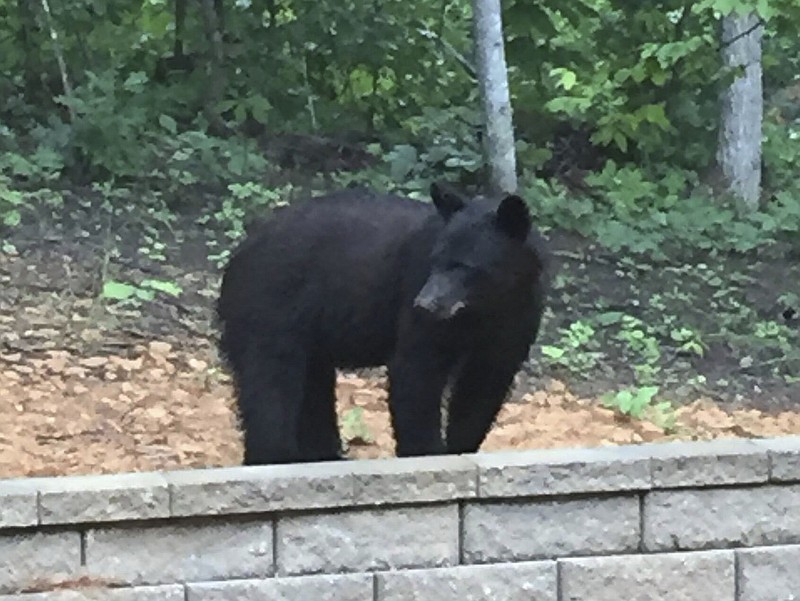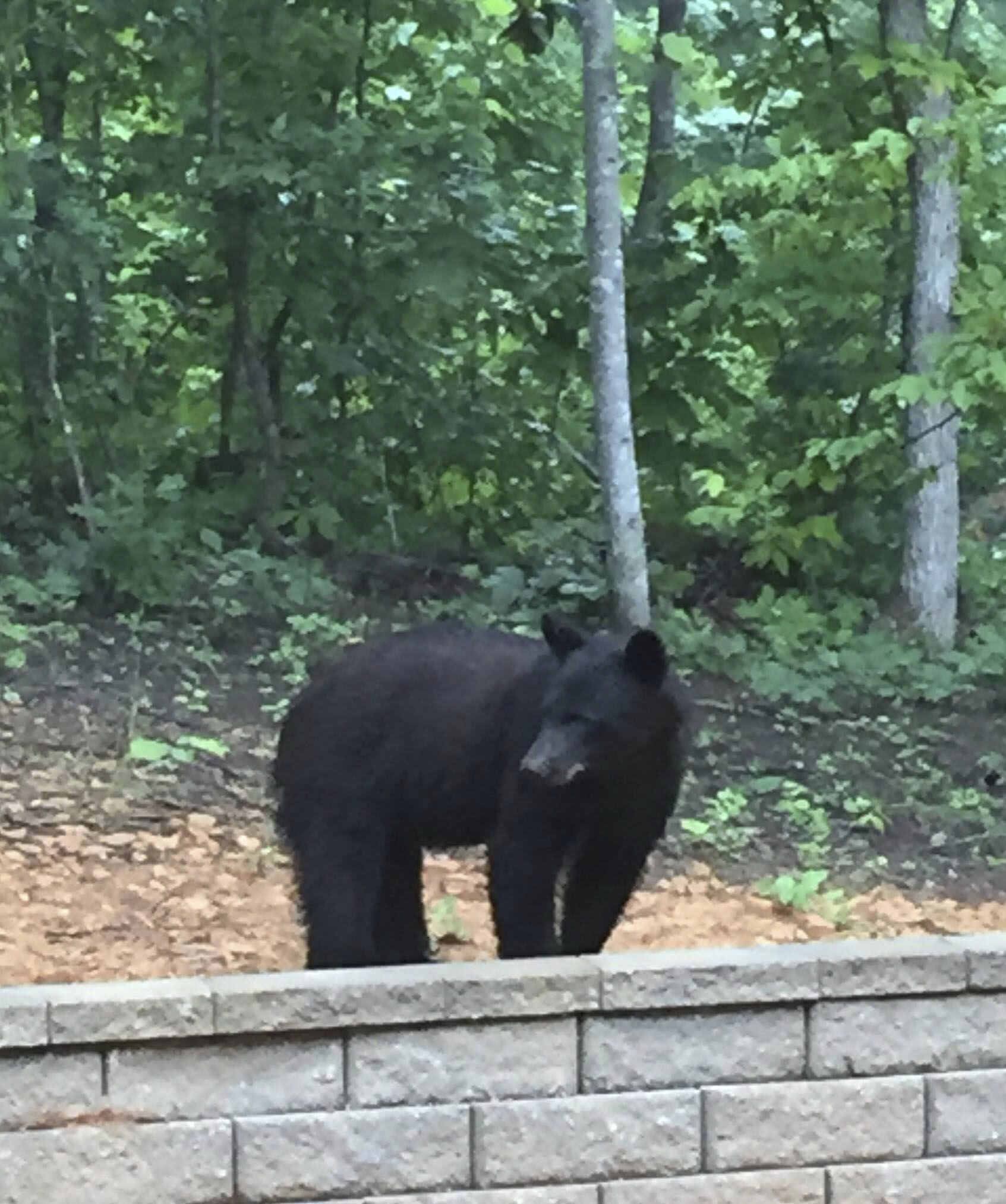Safety tips to bear in mind
Here are some tips for avoiding problems with bears when enjoying the outdoors or for homeowners in rural areas:› Look large and make a lot of noise and back slowly away should you encounter a bear.› Never run from a bear.› Do not purposefully feed bears.› Store garbage in bear-proof containers or in a manner that is inaccessible to bears.› Do not feed birds between April and January, when bears are most active.› Remove uneaten pet food from outside areas or feed pets indoors.› Do not add greasy foods to your compost piles, or compost in bear-proof containers.› Keep cooking grills clean and stored indoors when not in use.› Report problem bears or any odd behavior to your regional TWRA office.› Visit Bebearaware.org, a national site dedicated to reducing human-bear conflicts.To report a potentially dangerous bear in Southeast Tennessee, contact the TWRA’s Region III office at 800-241-0767.Source: Tennessee Wildlife Resources Agency
Less than two weeks after Collegedale Police responded to reports of a bear near Imagination Station, a second bear was spotted last week in the backyard of an Apison homeowner off East Brainerd Road.
The sightings, on May 18 and 30 respectively, have been something of a novelty for community members, who rushed to Collegedale City Hall for updates, local officials said. Tennessee Wildlife Resources Agency biologist Ben Layton said there's nothing unusual about a bear sighting this time of year.
Every year, TWRA receives about six to eight reports of bears spotted in Hamilton County, Layton estimated. Most of those calls come in the spring, he said, which is when young bears leave their mothers to explore new territory in search of food.
Since many of the mammals emerge from forests framing the eastern border of Tennessee then head westward, Layton said sightings are expected to be more frequent in the eastern part of Hamilton County, up to the Tennessee River, than in the rest of the county.
In most cases, like the recent Collegedale and Apison incidents, the animals are harmless. In fact, data from the Centers for Disease Control and Prevention show that between 2001 and 2013, bears killed an average of less than one person nationwide each year.
More often than not, bears which venture into a residential area will simply wander around and move on. The problem, TWRA officials say, comes when residents feed the animals, whether intentionally or unintentionally.
In addition to resisting the urge to treat bears to scraps, Layton strongly advises locals not to leave bird feeders, trash or pet food bowls out where the passing animals might have easy access to them.
"We don't want to have bears begin to start to associate humans with food or free handouts," he explained.
Such reliance can lead to nuisance behaviors, such as breaking into cars and homes to find food, or dangerous encounters with humans.
So far, Layton said police officers across the county have not indicated any problems with local bears, and a Collegedale Police representative said the department will not be implementing any additional precautions to keep bears away, as the sightings are infrequent.
"It's not something that's even a weekly situation for us," said Tonya Sadler, public information officer for Collegedale Police. "It wasn't a bear attack or anything of that nature; it was just a sighting of a bear in that area."
Still, Sadler advises residents be careful.
"If you see wildlife, just let it be," she urged. "Don't try to get close to it to take pictures. Just enjoy it from a distance."

